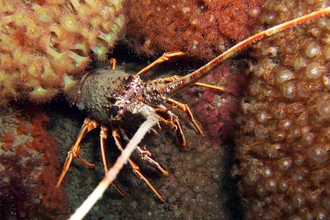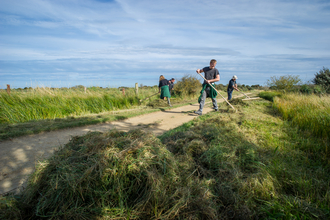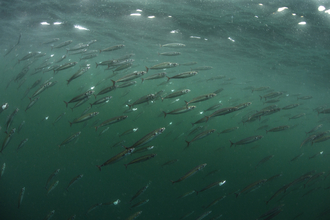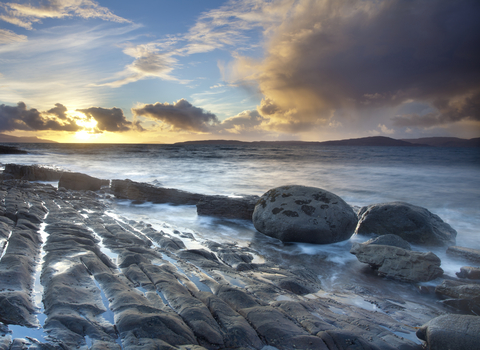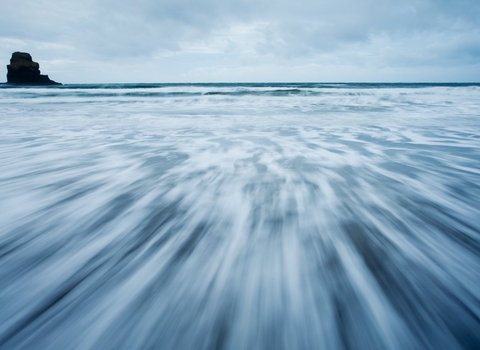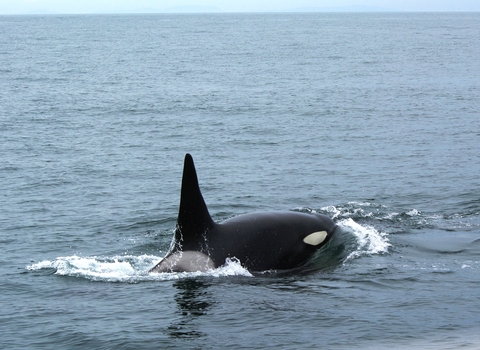
Orca ©Gillian Day
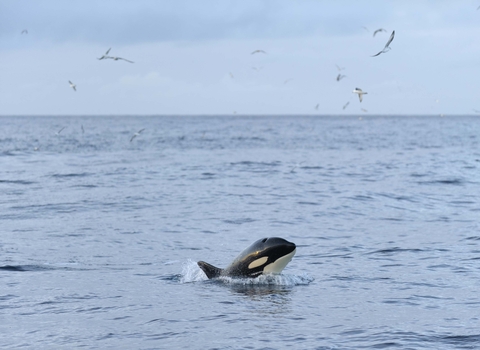
Orca ©Chris Gomersall/2020VISION
Orca
Orca, sometimes known as ‘killer whales’, are unmistakable with their black and white markings. Although we do have a small group of orca who live in British waters, you would be lucky to see them!
Scientific name
Orcinus orcaWhen to see
January to DecemberSpecies information
Category
Statistics
Length: up to 9.8m Weight: up to 10 tons Average Lifespan: up to 90 yearsConservation status
Protected in the UK under the Wildlife and Countryside Act, 1981, listed under CITES Appendix II and classified as a Priority Species under the UK Post-2010 Biodiversity Framework. Also protected under the Conservation (Natural Habitats, etc.) Regulations (Northern Ireland) 1998
Habitats
About
Orcas are incredibly clever animals, roaming huge distances in search of prey in tight family groups that share their own special language. Their black and white markings are unmistakable, making them very easy to spot. However, the UK’s resident orca community consists of just eight individuals, four males and four females, which means seeing them is rare! Known as the ‘west coast community’ this resident group of orcas arrive in Northern Scotland in early summer to feast on fish. Unfortunately, no calf has been born to this group in over 20 years.How to identify
The black and white pattern and enormous dorsal fin make the orca unmistakable. Males are larger than females and have much taller dorsal fins, sometimes up to 1.8 metres tall. A female's fin is around half this height and curves backwards.Distribution
A resident group ranges widely around the west coast of the UK and Ireland. A separate population are seasonal visitors to Northern Scotland, particularly the Shetland and Orkney Islands.Did you know?
Orcas, or Killer Whales, are actually dolphins! They are the largest member of the dolphin family and their name originated as "whale killer" as they are known to work together to kill whales much larger than themselves.How you can help
Report your orca sightings to your local Wildlife Trust. If you meet orcas whilst at sea, maintain a distance of at least 100m. If the orcas approach you, maintain a constant speed and allow them to interact on their own terms and leave at will. If you find a stranded orca (dead or alive), please report it to the relevant authority. The Wildlife Trusts are working with Government to eliminate marine pollution and to encourage more sustainable fisheries. You can support our work by joining your local Wildlife Trust, joining a beach clean and choosing sustainable seafood.

